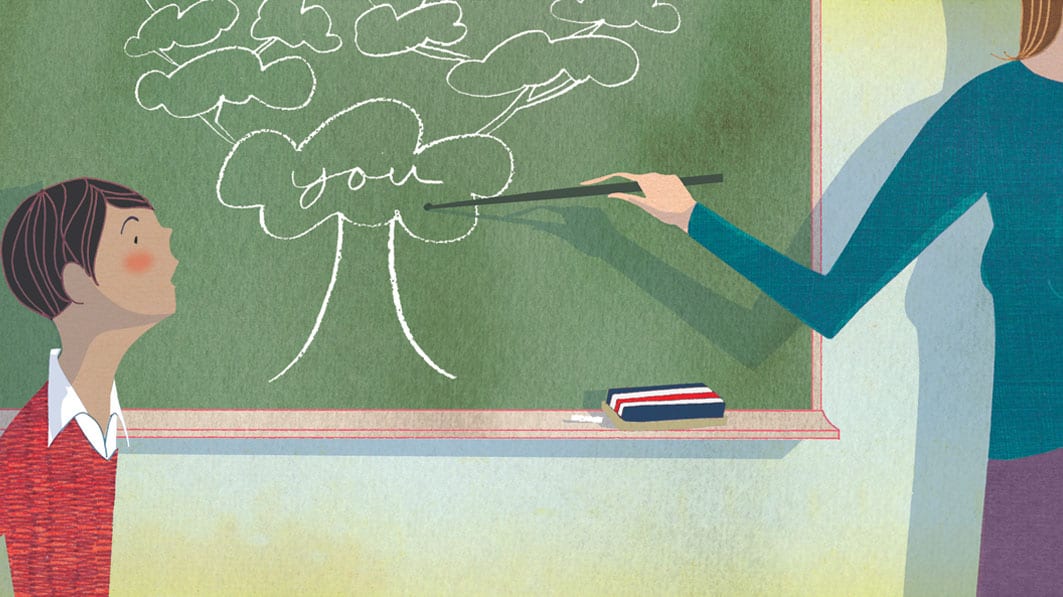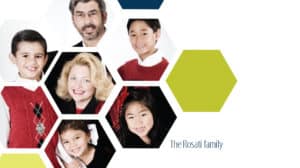My 16-year-old son, adopted at age 9, hadn’t passed the state-required math test at school. As I dashed into yet another meeting to discuss John’s education issues, I was cautiously optimistic that this time all the interested parties would agree on the best program for my son.
Of the nine children my husband and I have adopted, only one has not required extra help at school, at least for a time. The challenge of guiding our children through the educational system is often exacerbated by a traumatic past. Perhaps you’ve experienced this reality with your own child. Here are a few bits of wisdom to consider as you strive to help your child succeed in school:
Don’t be surprised or embarrassed by academic challenges.Because of prior trauma or neglect, adopted children are more likely to receive special education services, and it’s best to recognize challenges early on. If you are concerned about your child’s progress, request a school evaluation to see if she qualifies for an Individualized Education Program (IEP).
Communicate with school staff. Communication is the key to meeting your child’s educational needs. Early in the school year, give teachers a brief written explanation of your child’s learning issues and what has helped in the past. If your child has an IEP that doesn’t meet his needs, remember that you have the right to recommend an alternate plan.
Be creative with school assignments. Assignments involving family trees, baby pictures or a child’s history may be stressful for children who’ve been adopted. My daughter Rebekah, adopted at age 5, was once asked to graph her weight from birth. When the teacher suggested she make up her birth weight, Rebekah grieved the loss of her childhood information even more. After I talked to the teacher, she changed Rebekah’s assignment.
Help staff and students learn appropriate adoption language. My Ethiopian daughter Leah is in a class I teach. When one of the students said I couldn’t be Leah’s mom because we are different colors, I was able to educate the class on adoption and what makes a real parent. If your child is in a similar situation, you can request to speak to the class.
Our son John not only made it over the hurdle of state math tests, he also graduated from high school. As he accepted his diploma, I felt incredible gratitude that we had been able to work with the school to make this accomplishment possible.



















